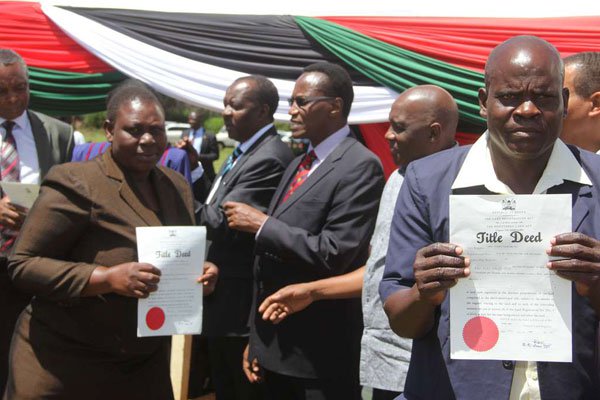Smallholders at risk: monoculture expansion, land, food and livelihoods in Latin America
Greater investment in agriculture is needed to reduce rural poverty and improve food security; but how investment is made, its context and conditions, is at least as important as how much is invested.



